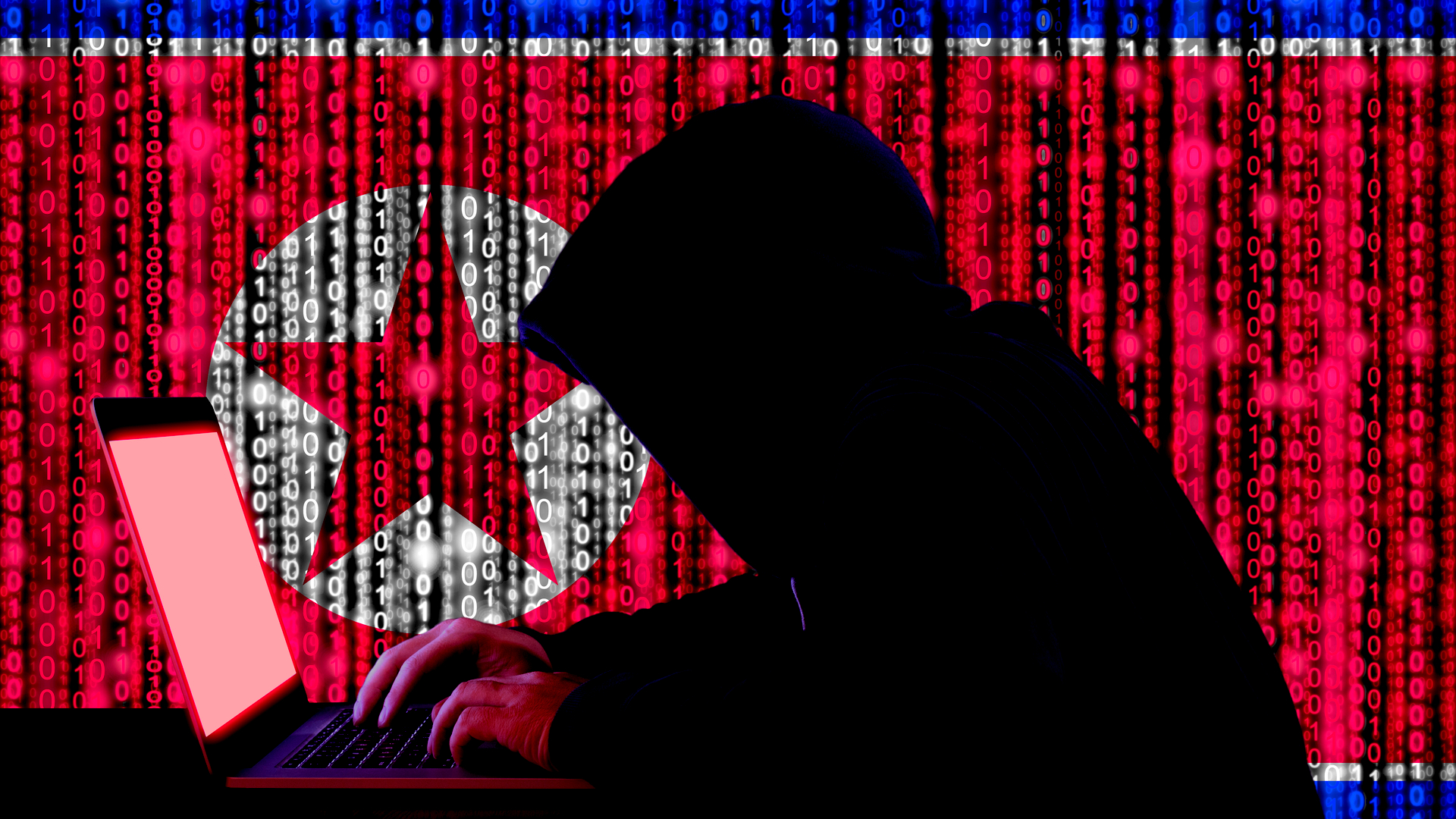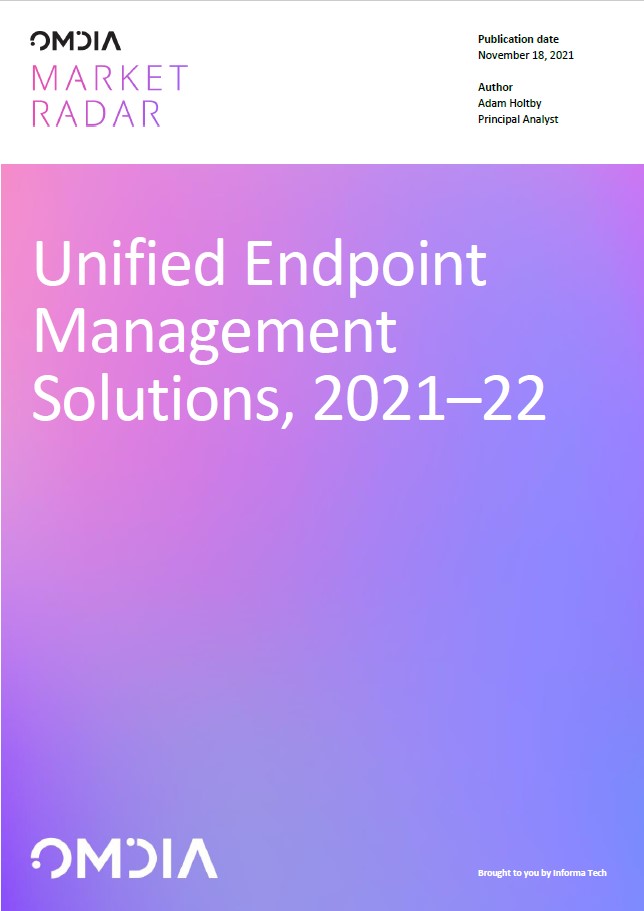Maui ransomware actively targeting US healthcare organizations
North Korean state-sponsored attackers are said to have been targeting critical services since at least May 2021


Sign up today and you will receive a free copy of our Future Focus 2025 report - the leading guidance on AI, cybersecurity and other IT challenges as per 700+ senior executives
You are now subscribed
Your newsletter sign-up was successful
North Korean state-sponsored ransomware operators are running a campaign actively targeting healthcare organizations, according to an advisory issued by the FBI alongside the Cybersecurity and Infrastructure Security Agency (CISA) and the Treasury Department.
The Maui ransomware strain has been used by North Korean hackers since “at least May 2021”, according to the joint advisory.
The FBI also states it’s observed and responded to “multiple ransomware incidents” at healthcare providers across the sector, in which the malicious software is being used to encrypt servers responsible for healthcare services.
These incidents include critical elements such as electronic healthcare records services, as well as diagnostic, imagining, and intranet services. In some cases, these were found to have disrupted the services provided by the targeted organizations for prolonged periods.
The CSA said that the state-sponsored cyber criminals likely assume healthcare organizations would be willing to pay large ransoms because they provide services critical to human life and health.
“Because of this assumption, the FBI, CISA, and Treasury assess North Korean state-sponsored actors are likely to continue targeting HPH Sector organizations,” it warned.
Minimising the ransomware risk
Although it’s not known exactly how the hackers gain initial access to these healthcare systems, the CSA notes the ransomware is designed for manual execution. Essentially, the remote actor will use a command-line interface to interact with the malware and to identify which files to encrypt.
Sign up today and you will receive a free copy of our Future Focus 2025 report - the leading guidance on AI, cybersecurity and other IT challenges as per 700+ senior executives
To help mitigate potential damage, organizations are urged to implement and maintain a number of practices. These include limiting access to data using authentications and digital certificates, minimising use of administrative accounts, turning off network device management interfaces for wide area networks (WANs), as well as using a host of other tools to secure personal identifiable information.
Additionally, the authorities said healthcare organizations should follow its list of cyber security recommendations for preparing for, mitigating, and preventing ransomware. Crucially, however, the document advises organizations against caving in to the demands of the cyber criminals.
A rise in healthcare attacks
Unfortunately, ransomware attacks on healthcare organisations and services are increasing at a rapid pace. Back in June, cloud security firm Zscaler’s 2022 ThreatLabz Ransomware Report found that attacks on the healthcare sector had grown exponentially, with double extortion ransomware attacks increasing by a staggering 650% over 2021.
RELATED RESOURCE

Elsewhere, an Outpost24 report last year found that 90% of web applications used by healthcare operators are considered ‘critically exposed’ and highly susceptible to vulnerabilities.
That report also found US healthcare organizations have a much larger attack surface when compared to EU pharmaceutical organizations, despite US healthcare providers 30% fewer external web applications.
“Any kind of data breach and downtime for healthcare organizations can be fatal, therefore they must take a proactive stance to identify and mitigate potential security issues before critical care can be impacted,” said Nicolas Renard, security researcher at Outpost24, at the time.
Dan is a freelance writer and regular contributor to ChannelPro, covering the latest news stories across the IT, technology, and channel landscapes. Topics regularly cover cloud technologies, cyber security, software and operating system guides, and the latest mergers and acquisitions.
A journalism graduate from Leeds Beckett University, he combines a passion for the written word with a keen interest in the latest technology and its influence in an increasingly connected world.
He started writing for ChannelPro back in 2016, focusing on a mixture of news and technology guides, before becoming a regular contributor to ITPro. Elsewhere, he has previously written news and features across a range of other topics, including sport, music, and general news.
-
 Anthropic researchers warn AI could 'inhibit skills formation' for developers
Anthropic researchers warn AI could 'inhibit skills formation' for developersNews A research paper from Anthropic suggests we need to be careful deploying AI to avoid losing critical skills
-
 CultureAI’s new partner program targets AI governance gains for resellers
CultureAI’s new partner program targets AI governance gains for resellersNews The new partner framework aims to help resellers turn AI governance gaps into scalable services revenue
-
 The FBI has seized the RAMP hacking forum, but will the takedown stick? History tells us otherwise
The FBI has seized the RAMP hacking forum, but will the takedown stick? History tells us otherwiseNews Billing itself as the “only place ransomware allowed", RAMP catered mainly for Russian-speaking cyber criminals
-
 Everything we know so far about the Nike data breach
Everything we know so far about the Nike data breachNews Hackers behind the WorldLeaks ransomware group claim to have accessed sensitive corporate data
-
 There’s a dangerous new ransomware variant on the block – and cyber experts warn it’s flying under the radar
There’s a dangerous new ransomware variant on the block – and cyber experts warn it’s flying under the radarNews The new DeadLock ransomware family is taking off in the wild, researchers warn
-
 Hacker offering US engineering firm data online after alleged breach
Hacker offering US engineering firm data online after alleged breachNews Data relating to Tampa Electric Company, Duke Energy Florida, and American Electric Power was allegedly stolen
-
 Cybersecurity experts face 20 years in prison following ransomware campaign
Cybersecurity experts face 20 years in prison following ransomware campaignTwo men used their tech expertise to carry out ALPHV BlackCat ransomware attacks
-
 15-year-old revealed as key player in Scattered LAPSUS$ Hunters
15-year-old revealed as key player in Scattered LAPSUS$ HuntersNews 'Rey' says he's trying to leave Scattered LAPSUS$ Hunters and is prepared to cooperate with law enforcement
-
 The Scattered Lapsus$ Hunters group is targeting Zendesk customers – here’s what you need to know
The Scattered Lapsus$ Hunters group is targeting Zendesk customers – here’s what you need to knowNews The group appears to be infecting support and help-desk personnel with remote access trojans and other forms of malware
-
 Impact of Asahi cyber attack laid bare as company confirms 1.5 million customers exposed
Impact of Asahi cyber attack laid bare as company confirms 1.5 million customers exposedNews No ransom has been paid, said president and group CEO Atsushi Katsuki, and the company is restoring its systems
